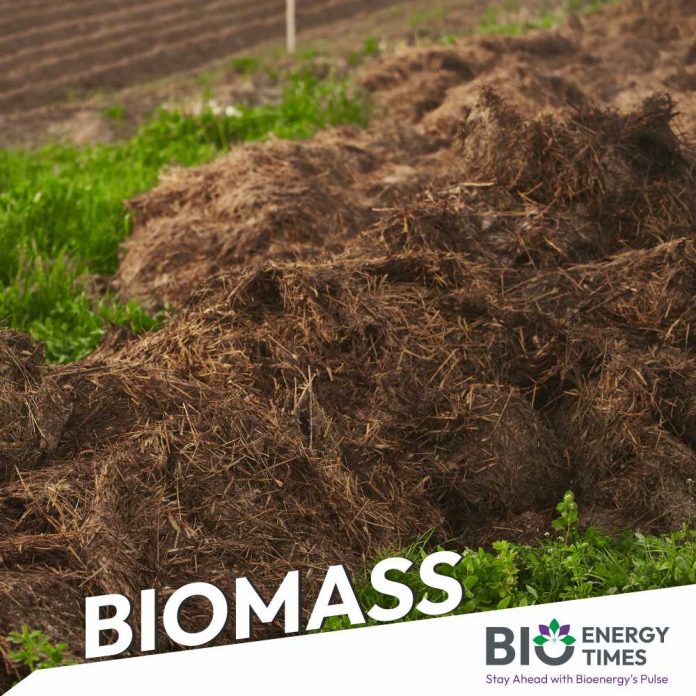Toulouse: The European Space Agency’s (ESA) Biomass satellite, built by Airbus, has departed Toulouse, France, and is en route to Kourou, French Guiana, for its upcoming launch. The satellite, designed to measure forest biomass from space, is a key mission in understanding Earth’s carbon cycle and the role of forests in climate regulation, reports Airbus.
Biomass is part of ESA’s Earth Explorer program and will orbit 666 kilometres above the Earth. It carries the first-ever space-borne P-band synthetic aperture radar, which will provide highly accurate maps of forest biomass in tropical, temperate, and boreal regions. These maps will help scientists assess terrestrial carbon stocks and monitor changes in forest biomass due to deforestation, logging, burning, and regrowth—data that is difficult to obtain through ground-based methods.
Alain Fauré, Head of Space Systems at Airbus Defence and Space, highlighted the significance of the mission, stating, “Shipping this flagship mission is a major milestone after years of hard work and dedication from our teams. The satellite’s groundbreaking technology will enable climatologists to accurately assess carbon stocks and fluxes from space, improving our understanding of how forests regulate the climate.”
The Biomass satellite features a large deployable antenna, measuring 12 by 15 meters, which will capture radar data to create detailed global maps of forest biomass. This data will be crucial for studying the impact of deforestation and forest regrowth on carbon storage and climate change.
The satellite was built by Airbus engineers in Stevenage, UK, and underwent rigorous testing in Toulouse with support from teams in Friedrichshafen, Germany, and other industrial partners. Over 50 companies across 20 countries contributed to the development and testing of Biomass.
With the satellite now on its way to the launch site, teams are preparing for the in-orbit commissioning and operational phases. A separate team is managing the delivery of a ground calibration transponder located in New Norcia, Australia, which will support the mission.
Biomass is scheduled to launch in April 2025 aboard a Vega-C rocket from Kourou. Once in orbit, the satellite will operate for five years, providing critical data to advance our understanding of Earth’s forests and their role in the global carbon cycle.
For detailed information and further insights, please refer to BioEnergyTimes.com, which provides the latest news about the Biomass Industry














